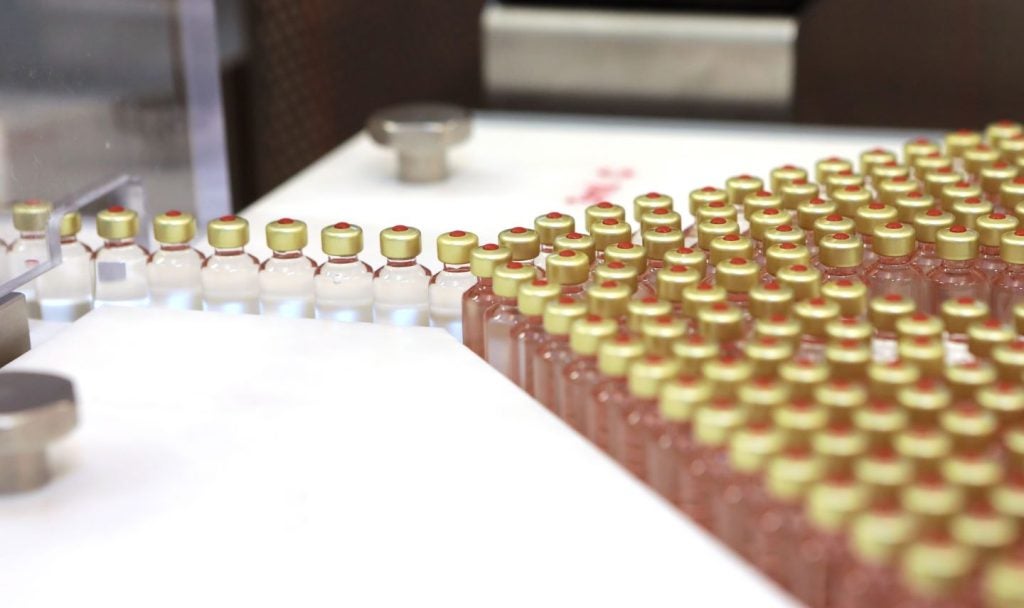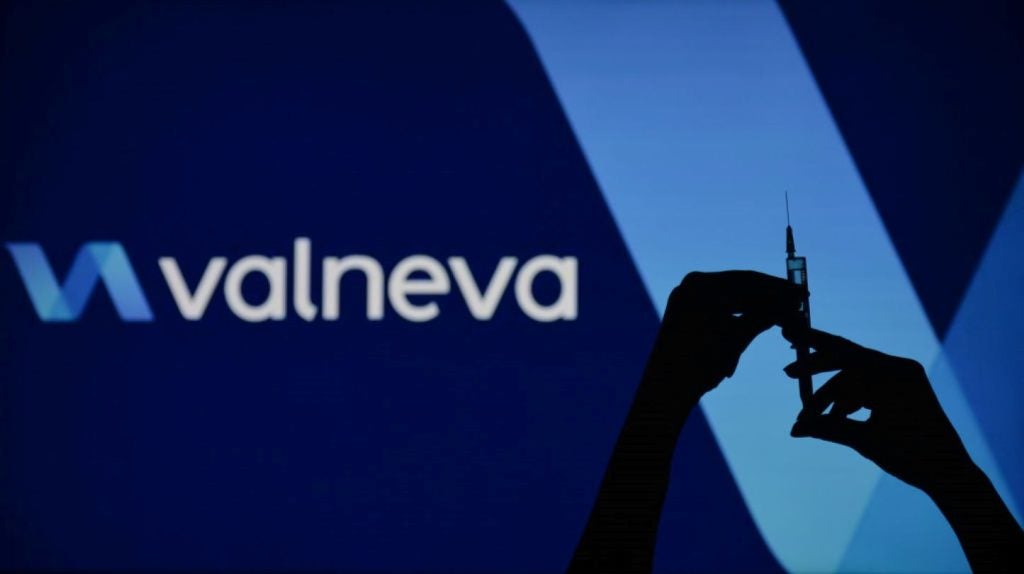US-based vaccine company HilleVax is slashing its workforce by 40% after its lead vaccine failed a Phase IIb study last month.
HilleVax announced that it will let go of 41 employees, after a Phase IIb trial (NCT05836012) with its norovirus vaccine, HIL-214, failed to meet primary and secondary endpoints. The company’s stock plummeted by more than 80% following the 8 July announcement of the failed results.
The vaccine showed an efficacy of 5% in the 2,800 infants enrolled in the study aged four months of age at the time of enrolment in the US and Latin American countries, who had norovirus-related acute gastroenteritis (AGE). The study did not meet the key endpoint of demonstrating efficacy against moderate or severe AGE events caused by the GI.1 or GII.4 norovirus genotypes.
The experimental vaccine had previously shown success in adults, with one Phase IIb field efficacy trial (NCT02669121) in 4,712 adults showing clinical proof of concept (PoC) in preventing norovirus-caused moderate-to-severe AGE.
In a May 2024 business update, HilleVax said that it planned to rapidly progress HIL-214 into Phase III clinical trials in both infants and older adults. Following the latest data, the company has said it will discontinue further development of HIL-214 in infants but will explore the potential for continued development of HIL-214 and HIL-216, another vaccine, in adults.
HIL-214 and HIL-216, are virus-like particle (VLP)-based vaccine candidates, meaning they mimic the structure of a virus to stimulate an immune response. The company licenced HIL-216 from Chengdu Kanghua Biological Products in January 2024 for an upfront payment of $15m.
Hillevax is a spinout of Takeda Pharmaceutical and Frazier Healthcare Partners, which launched in 2021. Under the deal, Takeda was set to get upfront payments and potential milestone payments, as well as royalties on net sales of the product.
Norovirus is a highly contagious virus that causes gastroenteritis, leading to symptoms such as vomiting and diarrhoea. It can affect anyone, but it tends to affect children more due to their developing immune systems.
There are currently no approved vaccines for noroviruses, but there are other players exploring treatments for the contagious virus. In July 2023, US-based Vaxart announced positive topline data in a Phase II trial of its norovirus vaccine candidate. Results showed robust immune responses across all doses at day 29, and no vaccine-related adverse events.















